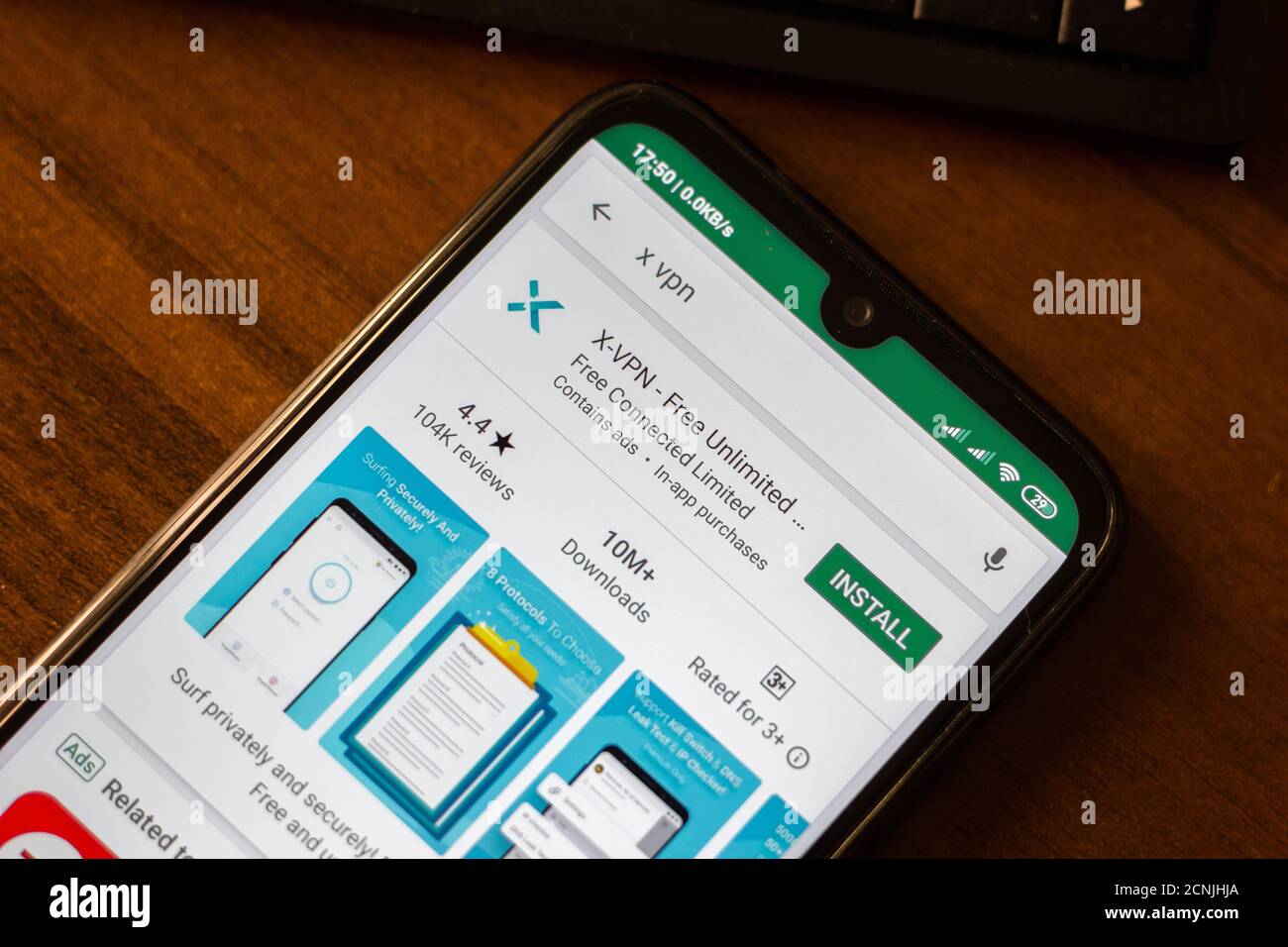
The same goes for books: a lot of people use websites to order them, but many prefer to go to their local bookstores and discuss with their booksellers.Ī3: The French are very sensible to these questions and the security provided by many French banks for online payment is very good. But regarding clothing and daily shopping, the French remain quite traditional: they prefer choosing their food by themselves in the shops and trying the clothes before buying them.

Internet mobile has grown the same way in France but the main use is probably seeking information (news websites, online books, blogs…) and communication (social networks, micro-blogging, chat apps).Ī2: There is now a wide use of Internet to pay bills and to order specific (standard) products such as train tickets, hotel or flight reservations. The main issue remains the frequent disruptions in the speed, which causes a lot of instability. Paul, coming from France, has been working in Beijing for three yearsĪ1: For a daily user, I would say the Internet speed has now reached a satisfactory level in China. More and more apps will take into account our habits and offer smart advice throughout our day.
#How to get a vpn free on smartphone tv
You might start watching a show on your TV and then stop half way through and the watch the rest on your tablet on the subway. TV will always have there place in the house, except they'll get smarter and connecting in closer with your other devices like tablets. The Internet is getting so big we need IPv6 to keep pace! Networks will get more resilient and reliable. Or we only notice it when the Internet isn't working. Also limits and regulations can be the death of innovation and new ideas ever getting off the ground.Ī4: Internet will keep getting faster and faster to the point we won’t even notice load time. The big problem governments face is that the technology changes so rapidly and it is very hard for them to keep pace with the change and protect everybody. Companies and people need to be aware of possible cyber threats out there and take on the responsibility to protect themselves. But the Australian government could always do more to educate. As I understand Internet banking is not as widespread in China and that has lead to companies like Alipay, Tencent and Baidu filling that void.Ī3: Yes. Australians were very fast adopters of Internet banking so paying yours bills is done online with a system call Bpay.

Our local taxi authorities have apps for taxis or there is Uber. The closest thing is eBay but it will take at least week for an item to get to your door if you're lucky and the range isn't as extensive. For instance, in Australia there is nothing like Taobao. Mobile e-commerce is growing in Australia but it is not as big as it is in China where most people use their mobile phones to make purchases.Ī2: Yes in Australia you can use the Internet or mobile phone to pay for just about anything! But compared to China adoption hasn't been as rapid and our apps aren't as good because of it. Most Australian mobile phone users have a smartphone and have an 3G or 4G Internet on it. Most people in China access the Internet on their smartphones whereas in Australia we still have very high desktop computer broadband use. If you are accessing websites hosted within China the speed is quite fast because the servers are hosted locally and there is low latency between the user and the server.

Daniel Rothman, coming from Australia, is a web designer who has been living in China for two years.Ī1: The Internet in China is slow compared to Australia if you are accessing websites that are not hosted within the country.


 0 kommentar(er)
0 kommentar(er)
